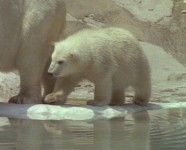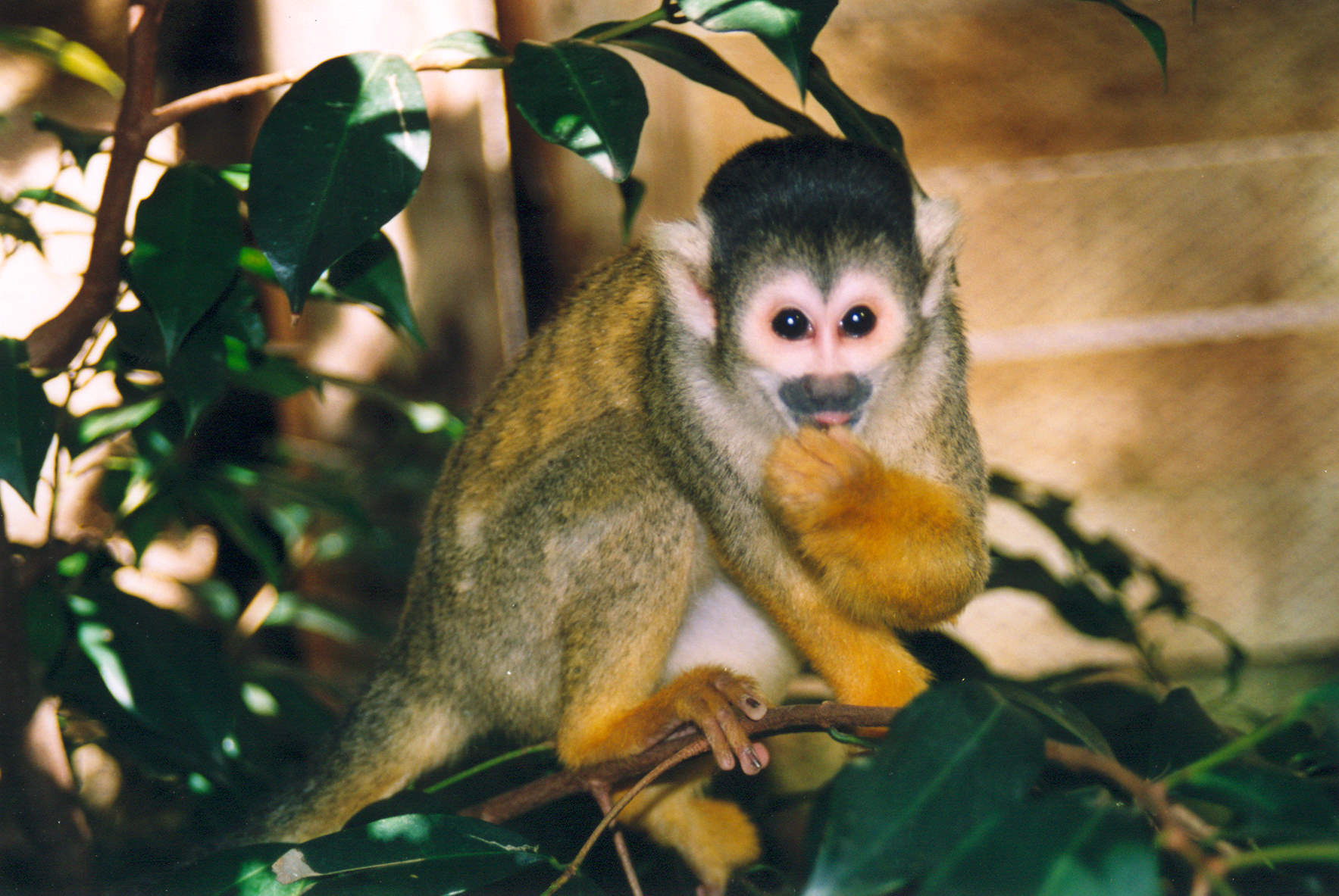A new type of refugee, wildlife refugees – 35,000 walruses – the largest ever recorded on land sign of warming Arctic
A new type of refugee, wildlife refugees – 35,000 walrus – the largest ever recorded on land. Morgan Erickson-Davis, mongabay.com Additional material Mike Searle A mass of thousands of walruses were spotted hauled up on land in northwest Alaska during NOAA aerial surveys earlier this week. An estimated 35,000 walrus … Continue reading





